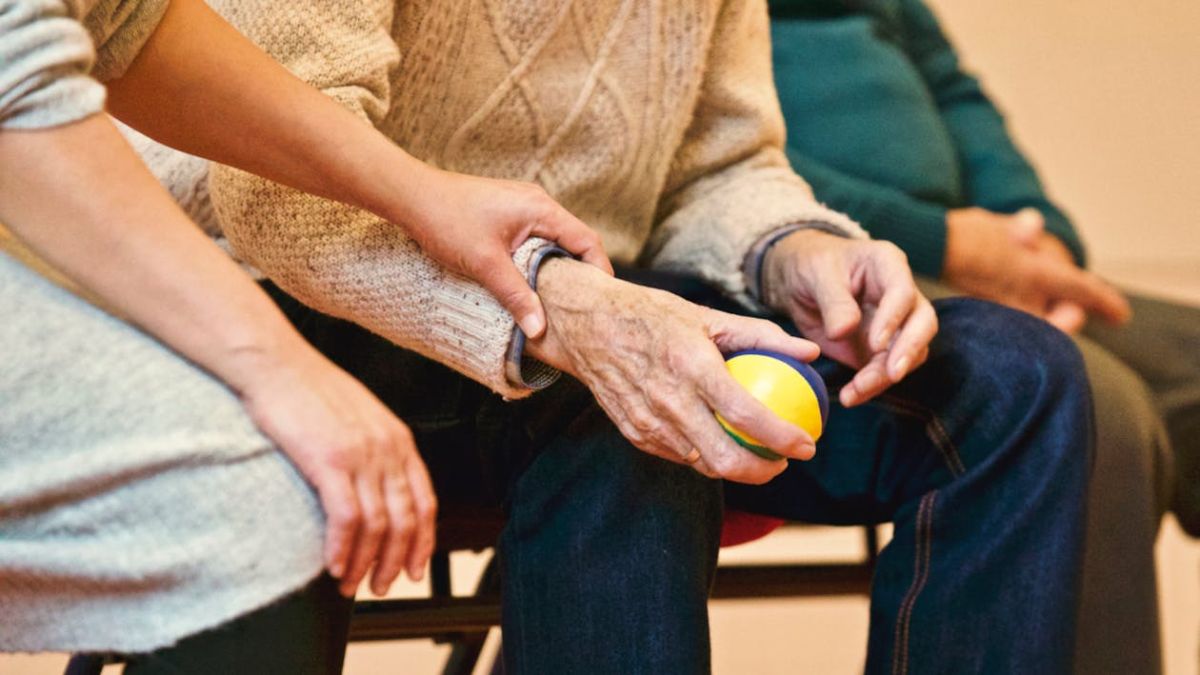The COVID-19 pandemic has created unexpected situations and stress for people worldwide. Individuals with cognitive impairment, such as dementia, may encounter even more significant challenges due to their diagnosis. Dementia caregivers need to address this new normal with their clients and loved ones carefully.
Dementia has not been identified as a risk factor for COVID-19, just like dementia does not increase the risk for flu or pneumonia. But, dementia-related behaviors and challenges can increase risk. Some of these include increased age, comorbidity -the presence of more than one illness present in the same person at the same time-, non-adherence to medication or treatment plans, and other common issues.
◾ Individuals with dementia may forget to wash their hands.
◾ They may not understand precautions, such as mask-wearing or social distancing.
◾ If they get sick, cognitive impairments may worsen.
◾ People living with dementia may need extra or written reminders and support to remember essential hygienic practices from one day to the next.
Tips for prevention of COVID-19 for individuals with dementia
◾ Hang a sign in the bathroom and by the kitchen sink with reminders and photos of proper handwashing.
◾ Place alcohol-based hand sanitizer around the home and demonstrate proper use.
◾ Hang a photo at the front door with a person wearing a mask as a reminder.
◾ Ask the pharmacist about filling prescriptions for a higher number of days or use a mail order service to reduce trips to the pharmacy.
◾ Make a backup plan for care if the primary caregiver is not available or a day program is canceled.
Remember that changes in routine can cause agitation and confusion, and it is crucial to address the changes calmly and sensitively.
◾ Speak directly to the individual and make eye contact.
◾ Speak in a calm and quiet voice and use a natural tone.
◾ Patiently explain several times if necessary.
◾ Be supportive and reassure the individual, don’t contradict or argue with their response.
◾ Help with word choices if necessary.
◾ Use clear and direct language.
◾ Rephrase if needed.
◾ When you need to ask them a question, use a yes/no or multiple-choice format.
◾ Use clear written instructions with pictures where appropriate.
◾ Smile and be patient during the conversation.
If you are receiving services from a paid caregiver in your home, it is important to follow these precautions:
◾ Ensure that the caregiver is self-monitoring for COVID-19 symptoms daily.
◾ Ask the caregiver if they have been exposed to someone who has tested positive for COVID-19 daily. If they have but are not yet experiencing any symptoms, they can continue to provide care with appropriate personal protective equipment as recommended by the New York State Department of Health.
◾ Contact the agency and ask them to explain their protocols in place for COVID-19 prevention.
◾ Ensure frequent handwashing for the caregiver.
◾ Ask the caregiver to wear a mask at all times.
If you are the primary caregiver for an individual with dementia, you must take care of yourself. You have an essential job and need to stay healthy. Please pay attention to your health and any new symptoms that you may develop and report them to a medical professional immediately. Continue to maintain your health and safety by:
◾ Avoid close contact with people who are sick.
◾ Avoid touching your eyes, nose, and mouth.
◾ Stay home when you are sick; work from home if possible.
◾ If you or the person you are caring for has a scheduled doctor’s appointment, please call the health care provider to inquire about a telehealth visit option.
◾ Maintain cough and sneeze etiquette by using your sleeve.
◾ Clean and disinfect frequently touched objects and surfaces.
◾ Maintain hand hygiene with 20 seconds of handwashing with soap and water or the use of an alcohol-based hand sanitizer.
◾ Stay home unless you absolutely must leave your home for food or medicine.
◾ Wear a mask when you are outside of the home.
◾ Manage stress and anxiety and seek help if you are feeling overwhelmed.
In conclusion, there is an added amount of patience required to follow through with any of the above listed advice. Please remember that you also need to be patient with yourself and take some time out to manage your own anxieties and stress involved with the challenges we currently find ourselves in.





